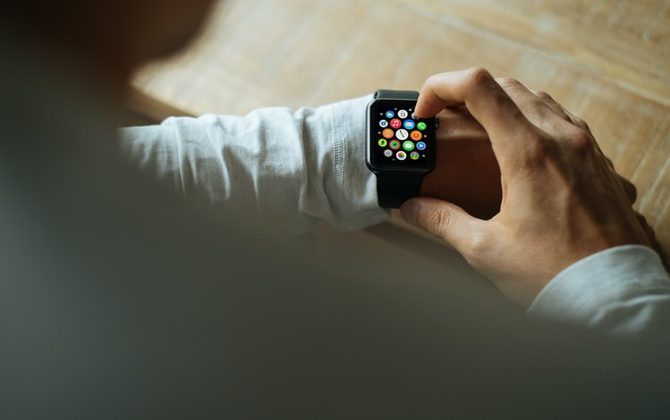Google has announced its acquisition of interactive watch and wristband company Fitbit for a total of $2.1 billion (1.7 billion euros). It is one of the internet giant’s largest acquisitions in consumer electronics.
Fitbit is a pioneer in the development of wearables, with its line of interactive watches to track physical activity. Since its launch in 2009, Fitbit has helped people around the world live healthier and more active lives with its smartwatches and activity trackers.
In recent years, Fitbit has been known for its affordable hardware, but it is its software that has made it stand out from the competition. The company has sold more than 120 million devices in more than 100 different countries, and its users have logged 275 billion steps and more than 15 billion hours of sleep over the course of its 13 years of operation.
Why is Fitbit so important to Google?
Google and Fitbit present a clear picture of how each company’s strengths could be applied to new health devices. Fitbit would contribute its consumer product expertise and established technology platform, while Google would step in with its software, hardware and artificial intelligence.
Moreover, the internet giant’s purchase of Fitbit has aimed to bring together the best artificial intelligence, software and hardware to spur innovation in wearables and create products to further benefit people around the world.
Following the purchase agreement between Google and Fitbit, the two companies have agreed to keep the Fitbit brand on Android and iOS devices, and that the companies’ main focus would remain on developing new electronic devices to improve users’ health.
Google buys Fitbit to expand smart hardware portfolio
For some time now, Google has been looking to grow its hardware portfolio. As of today, the internet giant has launched different devices such as Pixel smartphones, Google Home smart speakers, smart thermostats or Nest security cameras.
However, Google does not have any wearable devices and has not developed its own brand around these products. Therefore, it decided to take over Fitbit, which is one of the best smart wearable companies in the world.
After the acquisition of Fitbit by Google, it could lead the wearables market and compete with one of the most emblematic companies of the moment, Apple.
The wearables market is booming
The wearables market will grow by more than 25% over the next few years, generating more than 50 billion euros. Google wants to take over this market, as it does not yet have a product to offer, but the acquisition of Fitbit could bring it into this market.
Fitbit data privacy
Google has had a lot of regulatory hurdles to overcome in order to acquire Fitbit. The internet giant had to appease regulators around the world over privacy concerns about how it will treat Fitbit users’ personal health data.
Google will continue to protect Fitbit users’ privacy and has made a series of binding commitments to global regulators, confirming that Fitbit users’ health and wellness data will not be used for Google ads. It also stated that it will continue to allow Fitbit users to choose to connect to third-party services.
Moreover, part of the commitment to the EU includes storing Fitbit users’ data in a kind of “data silo”, isolated from any data that Google could use for advertising. In addition, Fitbit data can only be used by other Google services with the user’s explicit consent. All of these commitments will be implemented globally so that all consumers can benefit from them.
According to Google’s senior vice president of devices and services, Rick Osterloh, the Fitbit purchase agreement has always been about devices, not data, and they have always been clear about protecting the privacy of Fitbit users.
In a nutshell:
- Fitbit users’ health and wellness data will not be used for Google ads.
- The data will be kept separate from other Google ad data.
- Fitbit will continue to allow third-party services.

